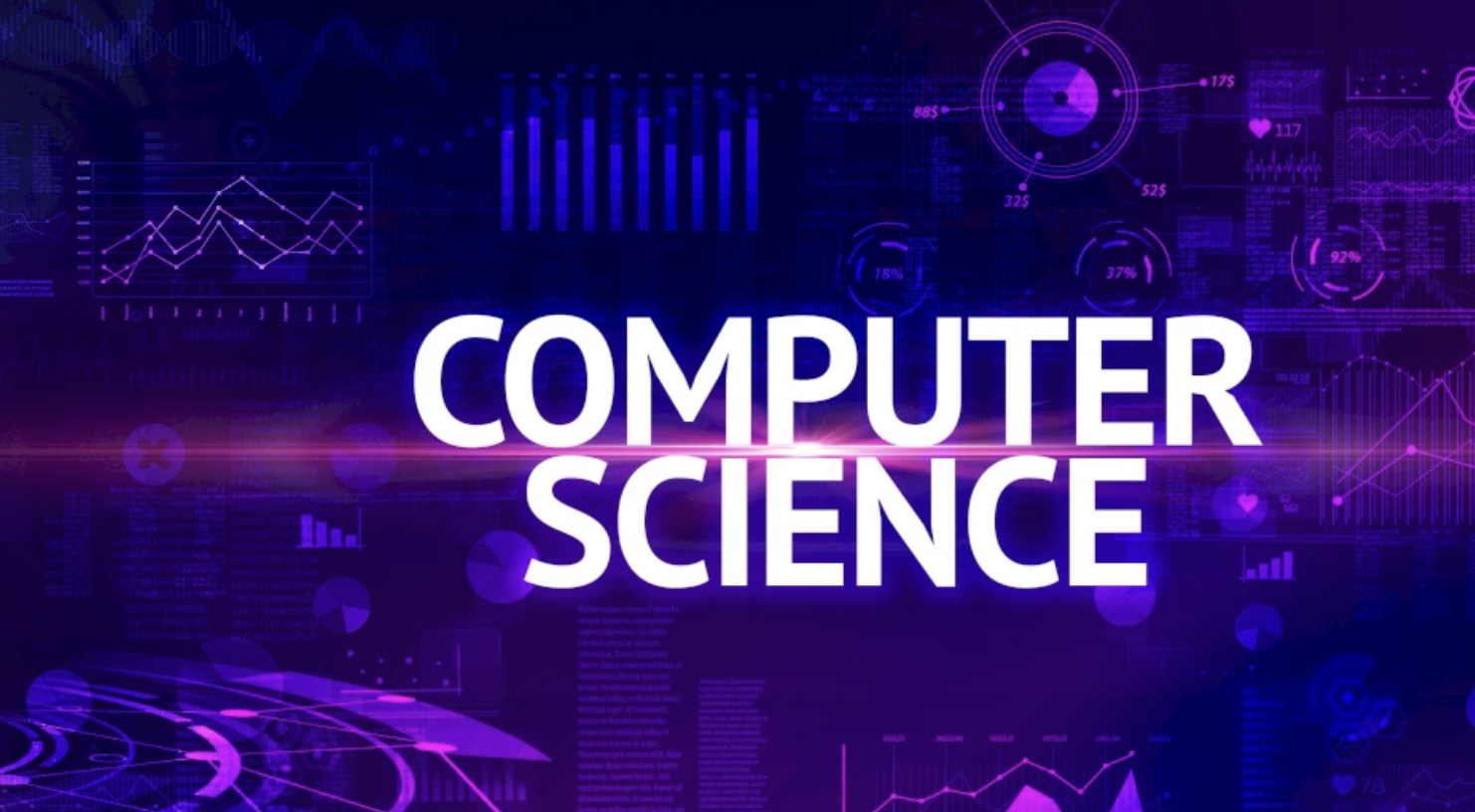Computing has evolved from a specialized technical field into a discipline that permeates virtually every aspect of modern society. This chapter explores the historical development of computing, from early mechanical calculating devices to modern computing systems, establishing the foundational context for understanding computer science as both a theoretical and applied discipline. It examines the fundamental principles that define computing as a field, including abstraction, algorithms, data organization, and problem-solving methodologies that form the basis for computational thinking.
Chapter 1: The Discipline of Computing
Computing as a discipline has evolved tremendously since the invention of the first computers. At its core, computing is the systematic study of algorithmic processes that describe and transform information. Let’s break down the key aspects of computing as a discipline:
Definition and Scope
Computing encompasses both the theoretical foundations of information and computation and their practical applications in computer systems. The discipline includes:
- Computer Science: The study of algorithms, data structures, programming languages, and computational theory
- Information Technology: The application of computers and software to store, retrieve, transmit, and manipulate data
- Computer Engineering: The design and development of computer hardware and software systems
Historical Evolution
The discipline of computing has a rich history:
- Early computing devices: Abacus, Pascal’s calculator, Babbage’s analytical engine
- First electronic computers: ENIAC (1945), UNIVAC (1951)
- Generations of computers:
- First Generation (1940-1956): Vacuum tubes
- Second Generation (1956-1963): Transistors
- Third Generation (1964-1971): Integrated circuits
- Fourth Generation (1971-present): Microprocessors
- Fifth Generation (Present and beyond): Artificial intelligence and quantum computing
Core Areas of Computing
- Theoretical Computer Science:
- Algorithms and data structures
- Computational complexity theory
- Automata theory and formal languages
- Computer Systems:
- Computer architecture
- Operating systems
- Computer networks
- Applications:
- Artificial intelligence
- Database systems
- Computer graphics
- Human-computer interaction
Computing Ethics
Ethical considerations are integral to computing:
- Privacy concerns
- Intellectual property rights
- Digital divide
- Cybersecurity ethics
- Environmental impact of computing technologies
Career Opportunities
The computing discipline offers diverse career paths:
- Software development
- System administration
- Database management
- Network engineering
- Cybersecurity
- Data science and analytics
- Artificial intelligence research
- Web development
Impact on Society
Computing has profoundly transformed society:
- Changed how we communicate (email, social media, video conferencing)
- Revolutionized industries (e-commerce, digital entertainment, online education)
- Enabled scientific breakthroughs through computational methods
- Created new forms of art and creative expression
- Facilitated global connectivity and information access
Current Trends
The discipline continues to evolve with emerging technologies:
- Artificial intelligence and machine learning
- Internet of Things (IoT)
- Cloud computing
- Big data analytics
- Quantum computing
- Augmented and virtual reality
- Blockchain technology
Computational Thinking
A fundamental concept in computing is computational thinking, which involves:
- Breaking down problems into parts (decomposition)
- Recognizing patterns
- Abstracting relevant information
- Developing algorithms to solve problems
- Testing and refining solutions
Understanding computing as a discipline provides a foundation for exploring the diverse aspects of computer science that follow in subsequent chapters. As technology continues to advance at an accelerating pace, the discipline of computing will remain central to humanity’s progress and development.
Complete Chapter-wise Hsslive Plus One Computer Science Notes
Our HSSLive Plus One Computer Science Notes cover all chapters with key focus areas to help you organize your study effectively:
- Chapter 1 The Discipline of Computing
- Chapter 2 Data Representation and Boolean Algebra
- Chapter 3 Components of the Computer System
- Chapter 4 Principles of Programming and Problem Solving
- Chapter 5 Introduction to C++ Programming
- Chapter 6 Data Types and Operators
- Chapter 7 Control Statements
- Chapter 8 Arrays
- Chapter 9 String Handling and I/O Functions
- Chapter 10 Functions
- Chapter 11 Computer Networks
- Chapter 12 Internet and Mobile Computing

1 thought on “HSSLIVE Plus One Computer Science Chapter 1: The Discipline of Computing Notes”